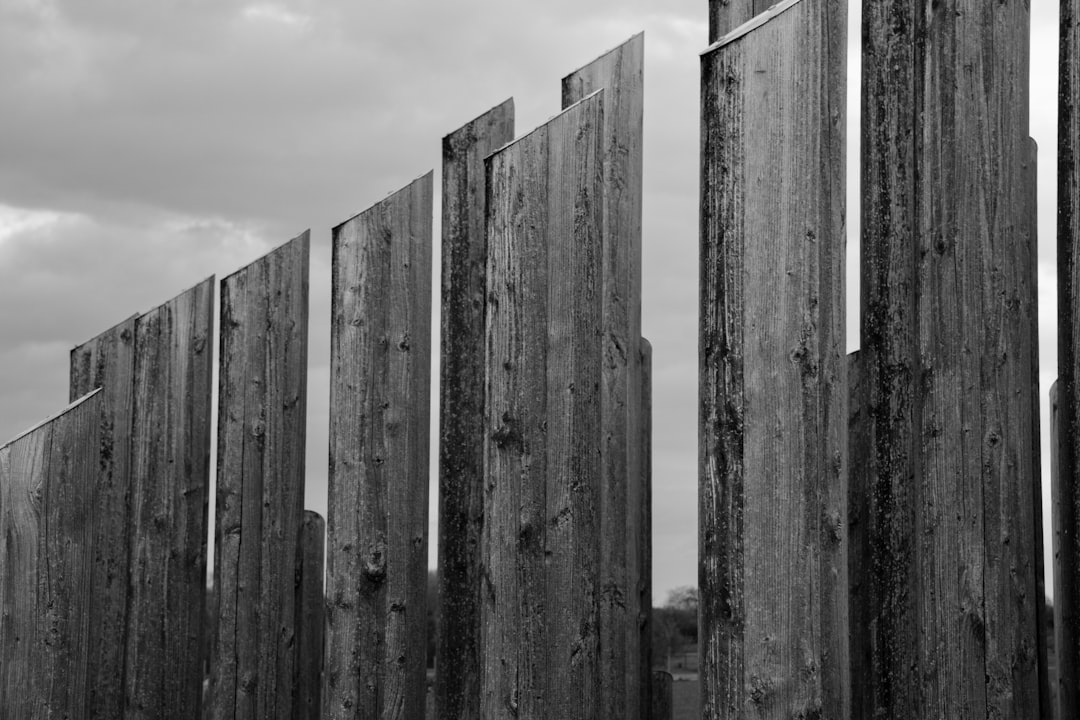CountBricks: Picket Fence Installation Cost Guide
Price source: Costs shown are derived from our proprietary U.S. construction cost database (updated continuously from contractor/bid/pricing inputs and normalization rules).
Eva Steinmetzer-Shaw
Head of Marketing
The Real Cost of Installing a Picket Fence in 2026
Installing a picket fence in 2026 can cost between $2,500 and $5,000 for a 100-linear-foot section, depending on location and materials. For construction professionals, understanding these costs is crucial for accurate project planning. This guide provides a detailed breakdown of costs and factors affecting pricing, ensuring your estimates are precise and competitive.
Why Accurate Fence Estimating Matters
Accurate estimates are essential for maintaining profit margins and winning bids. Variations in estimates can lead to lost jobs or reduced profits. CountBricks provides real-time data and AI-driven estimates to ensure your numbers are always current and reliable.
Average Picket Fence Installation Cost Breakdown
Here's a typical cost breakdown for a 100-linear-foot picket fence:
- Materials: $15–$30 per linear foot, depending on species or vinyl grade
- Labor: $10–$25 per linear foot, influenced by soil, slope, and crew rate
- Soft costs (permits, hauling, markup): 10–18% of the subtotal
These figures provide a realistic starting point, with adjustments made for specific project conditions.
Material Choices and Price Impact
Material selection significantly impacts cost:
- Pressure-treated pine: $12–$20/LF, requires routine sealing
- Cedar: $20–$30/LF, naturally rot-resistant
- Redwood: $25–$35/LF, premium quality
- Vinyl: $25–$35/LF, low maintenance
Choosing the right material can optimize costs and meet client preferences.
Labor Factors That Influence Your Quote
Several factors affect labor costs:
- Linear footage and gate count
- Terrain and soil conditions
- Existing fence removal
- Utility locates
CountBricks' AI captures these details to provide precise labor estimates.
How CountBricks Calculates Your Fence Estimate
Using CountBricks is simple:
- Open the app and start a voice session.
- Walk the perimeter and describe measurements.
- Select material and style options.
- Receive a detailed estimate with live pricing.
CountBricks ensures your estimates are accurate and professional.
Cost-Saving Strategies with CountBricks
Optimize your projects with these strategies:
- Batch purchasing for volume discounts
- Optimized post spacing
- Off-site pre-assembly
- Weather timing to avoid delays
These strategies help reduce costs and improve efficiency.
Ready to Build?
Accurate estimates empower confident decisions. Create your free CountBricks account and start optimizing your picket fence projects today.
CountBricks Case Snapshot: Coastal Cottage Fence, San Diego
A recent project involved installing 92 feet of cedar picket fencing around a 1940s bungalow near the ocean. Challenges included salt air, tight access, and historical guidelines. CountBricks provided solutions to keep the project on track.
Challenges Identified in the Voice Walk-Through
- Coastal corrosion potential required stainless fasteners
- Narrow side yard limited equipment access
- Historical commission required specific design features
AI-Driven Solutions
- Auto-added stainless hardware and adjusted labor factors
- Utility clearance protocol and delay contingencies
- Compliance notes from template library
Outcome
The proposal was within 1.2% of actual spend, impressing the homeowner and protecting contractor margins.
Takeaway for Your Next Project
- Real-time pricing shields from market volatility
- Voice capture reduces office time
- Automated compliance notes streamline processes
CountBricks enhances efficiency and accuracy for construction professionals.

